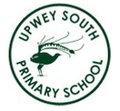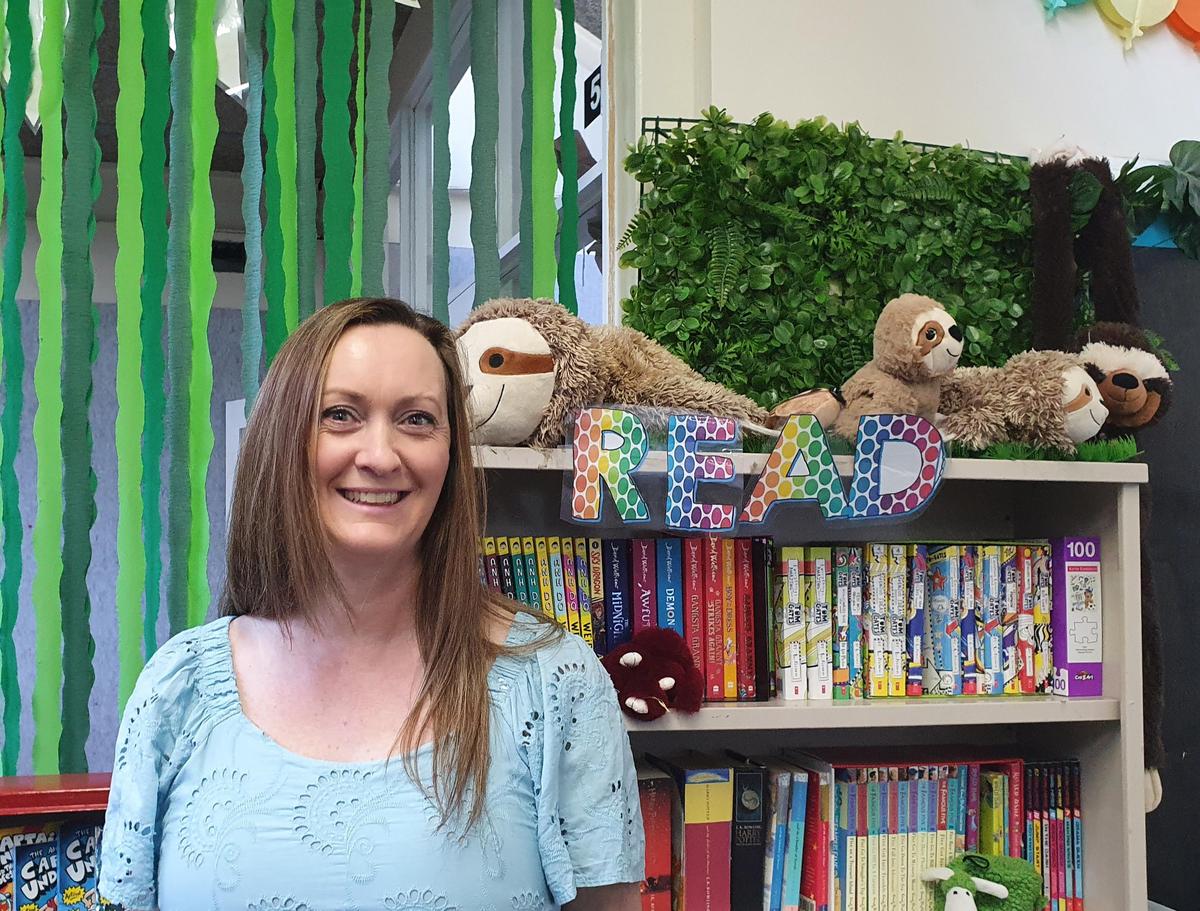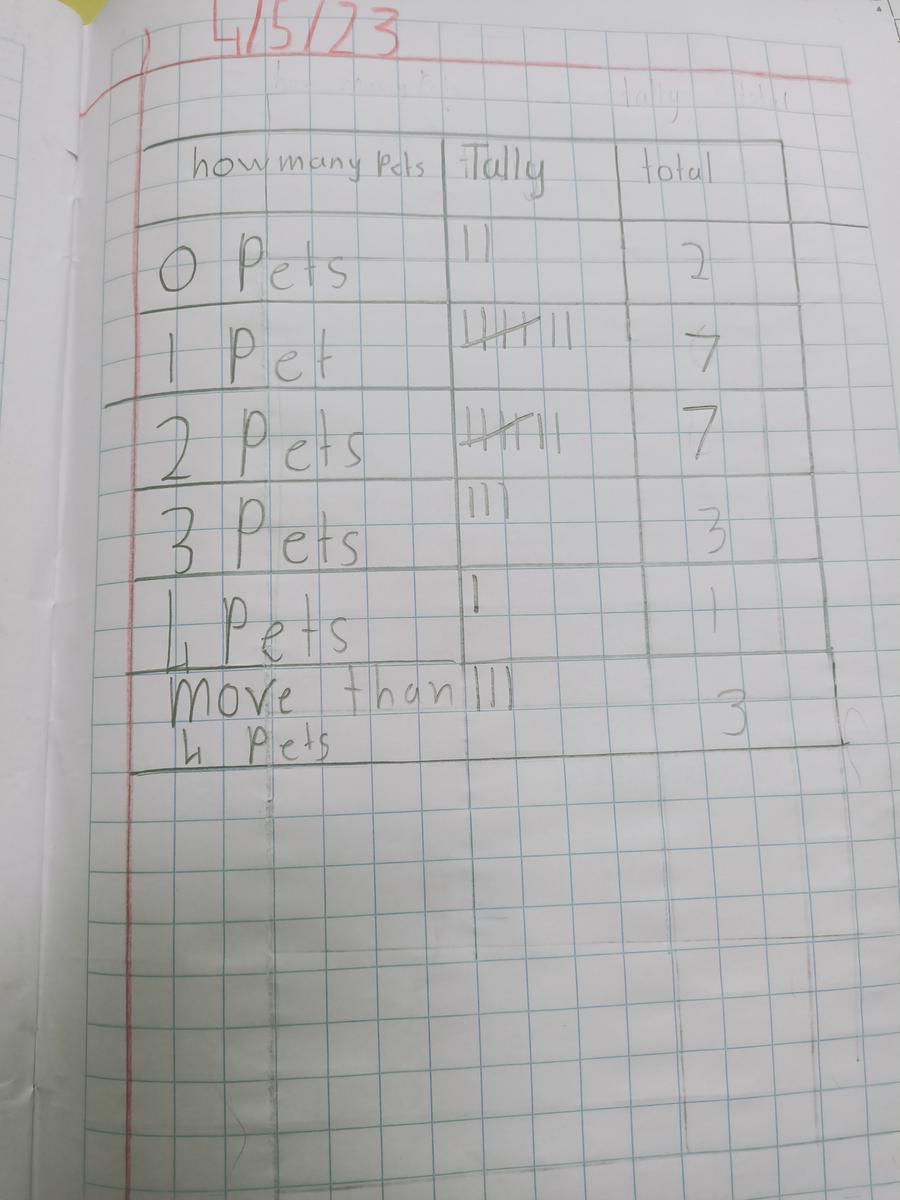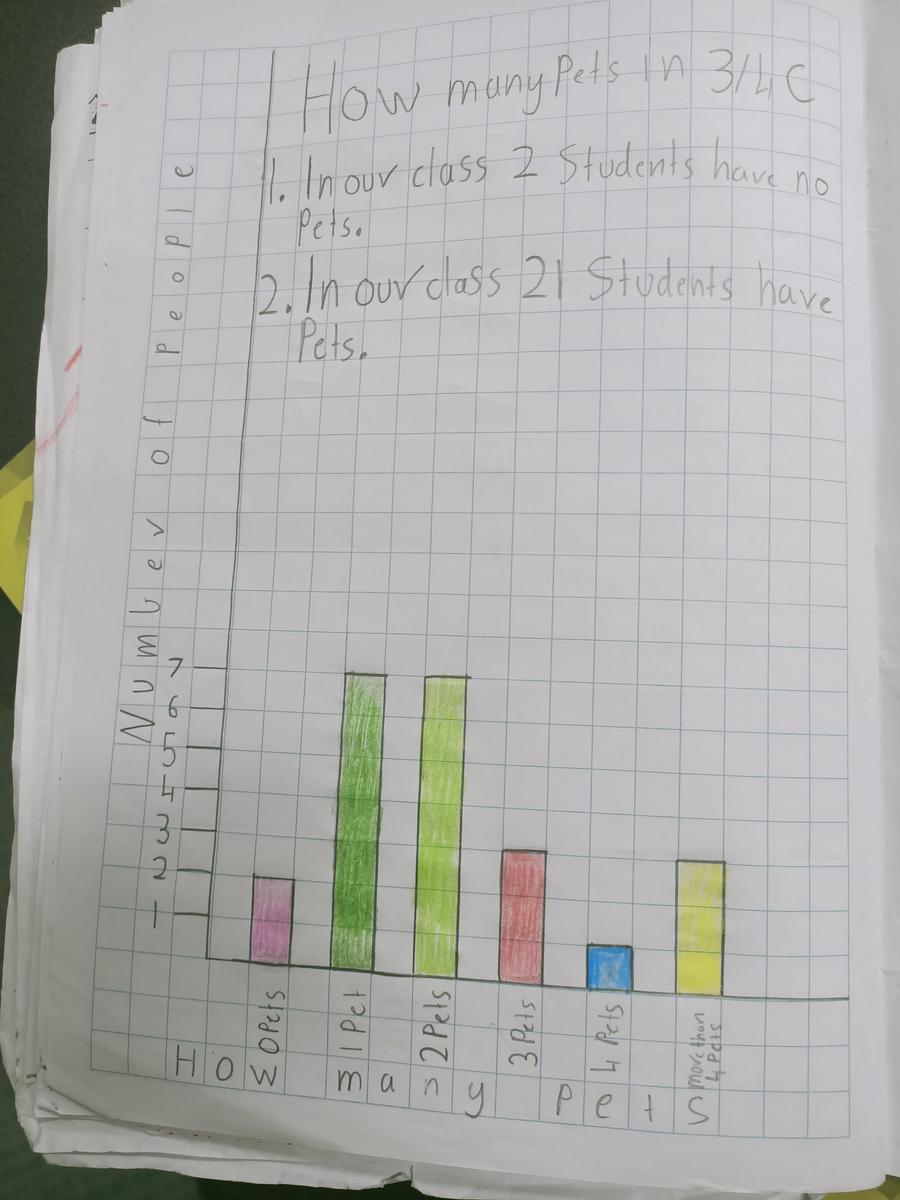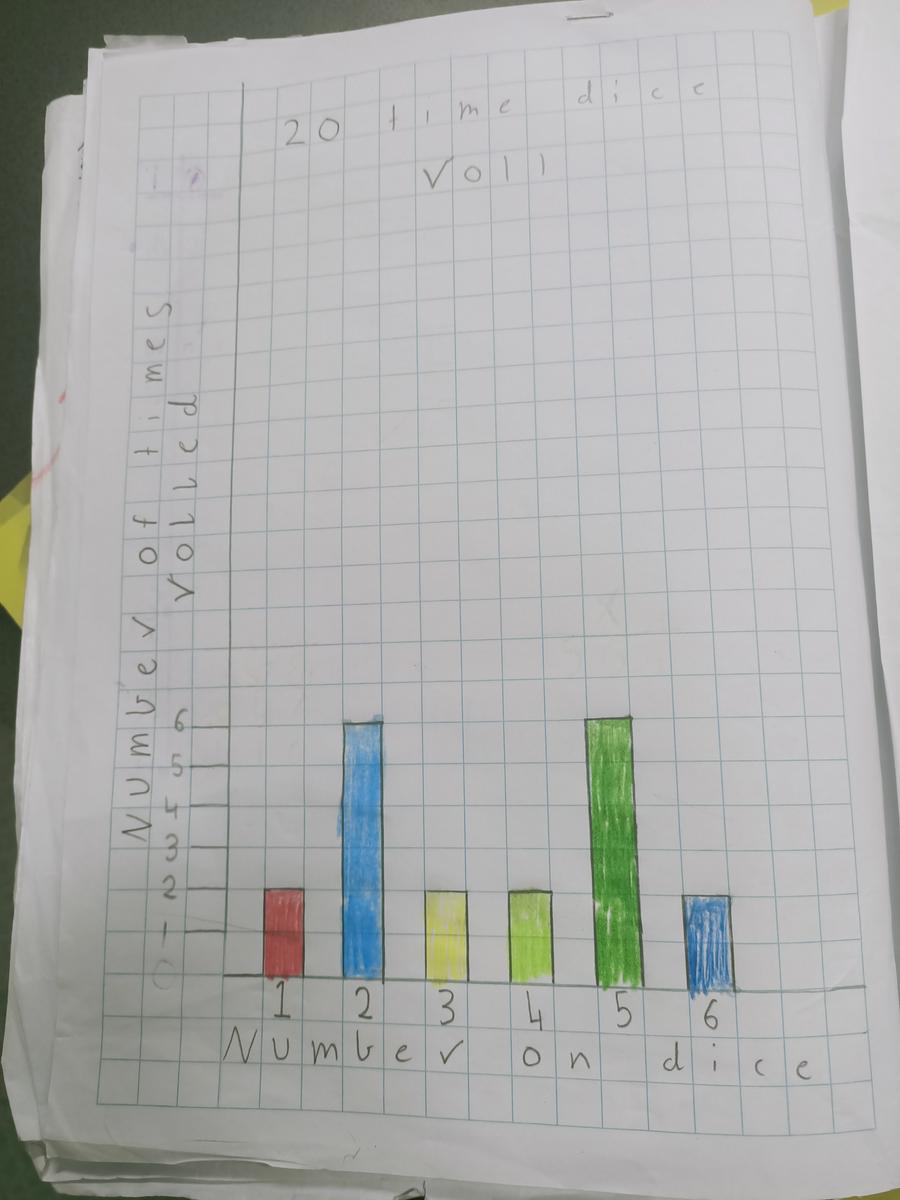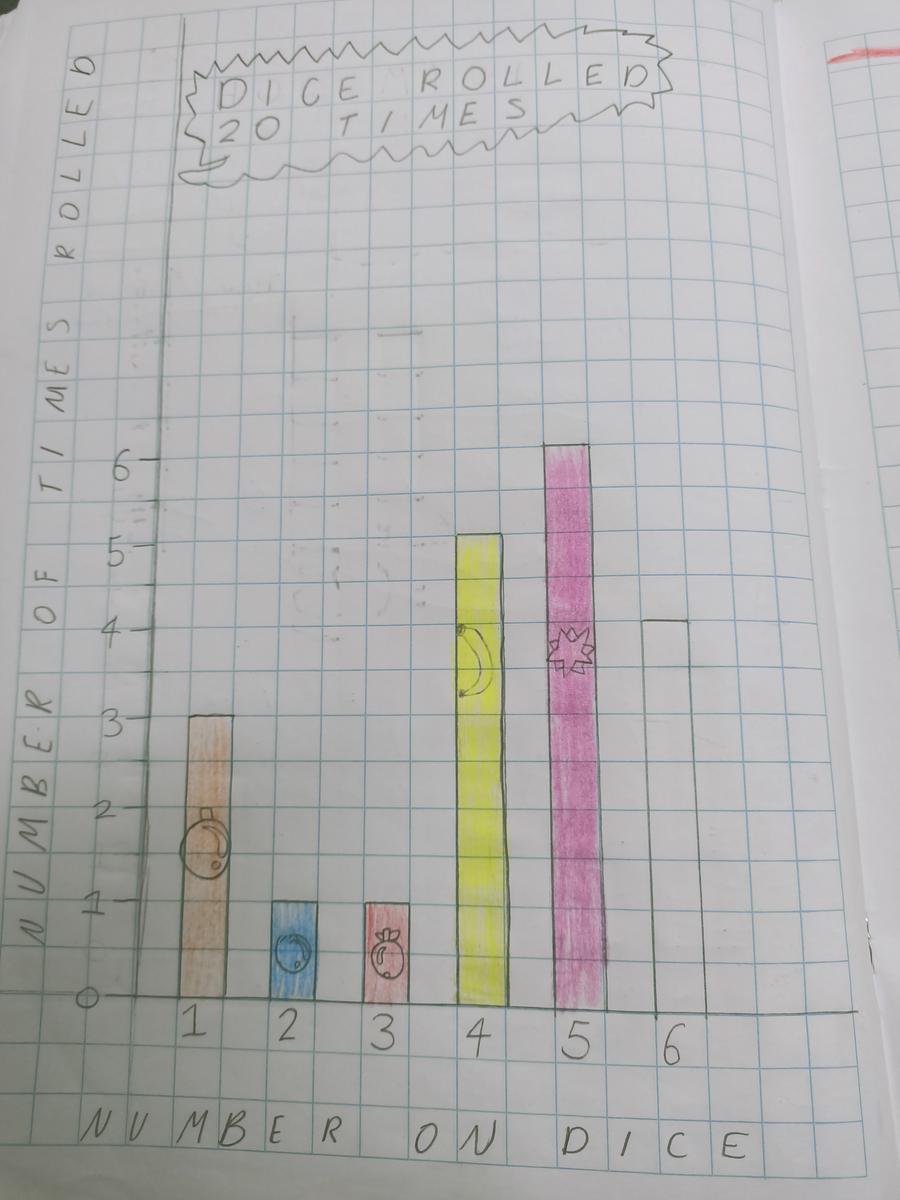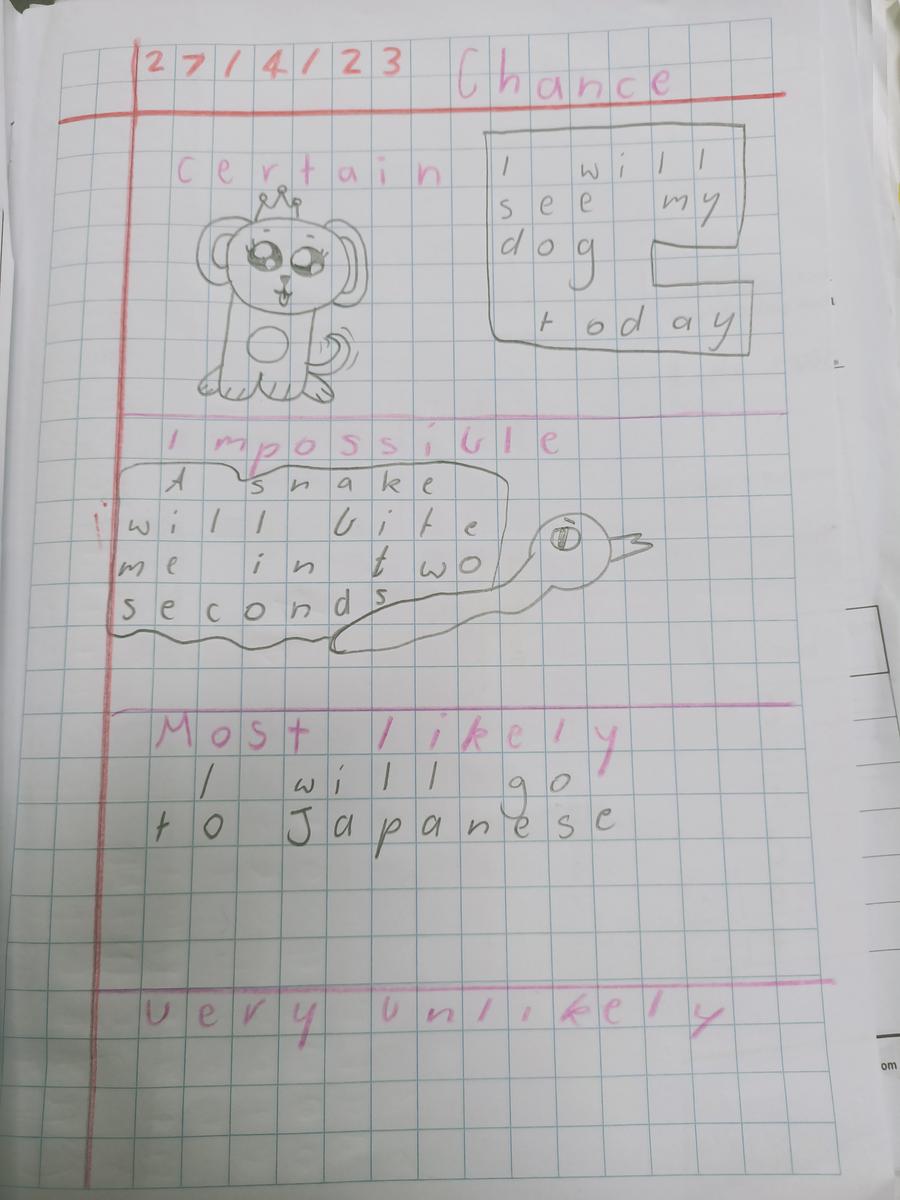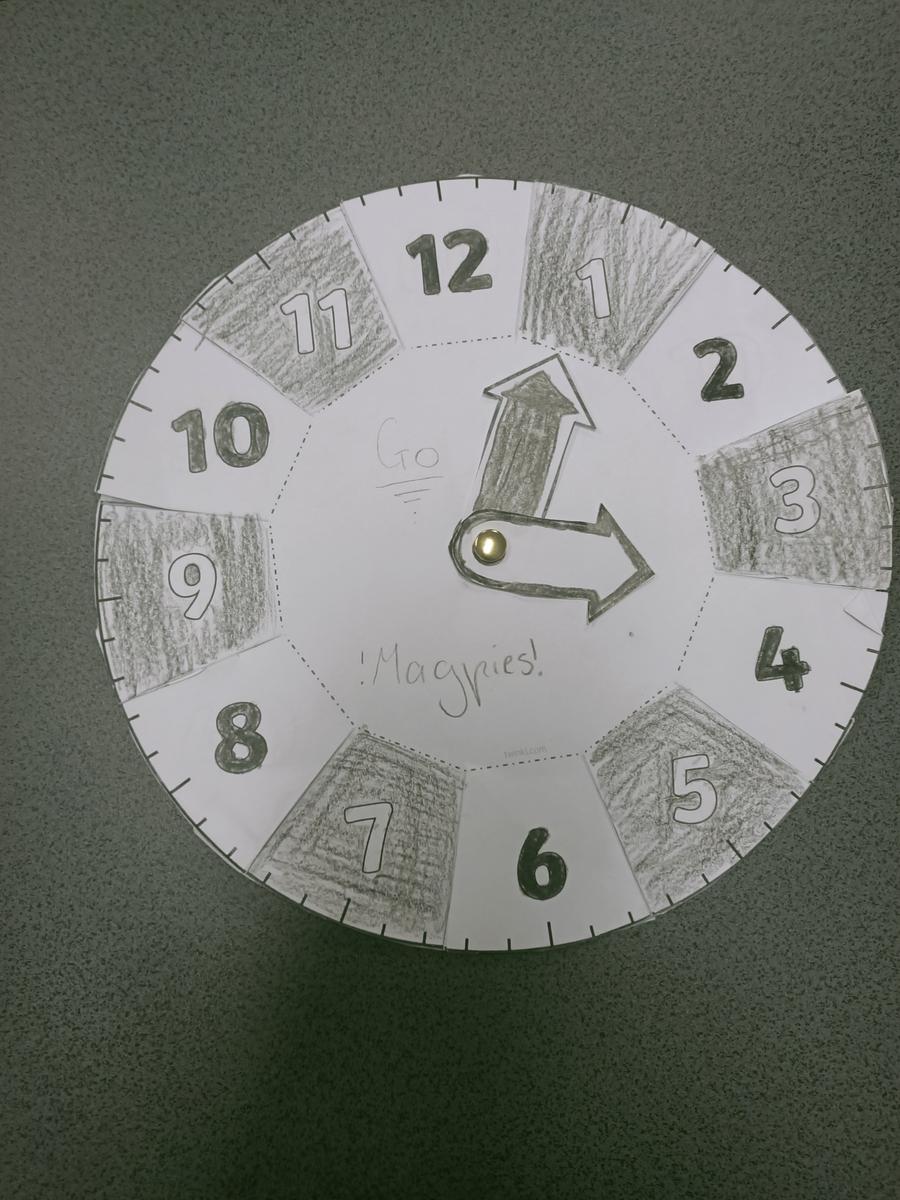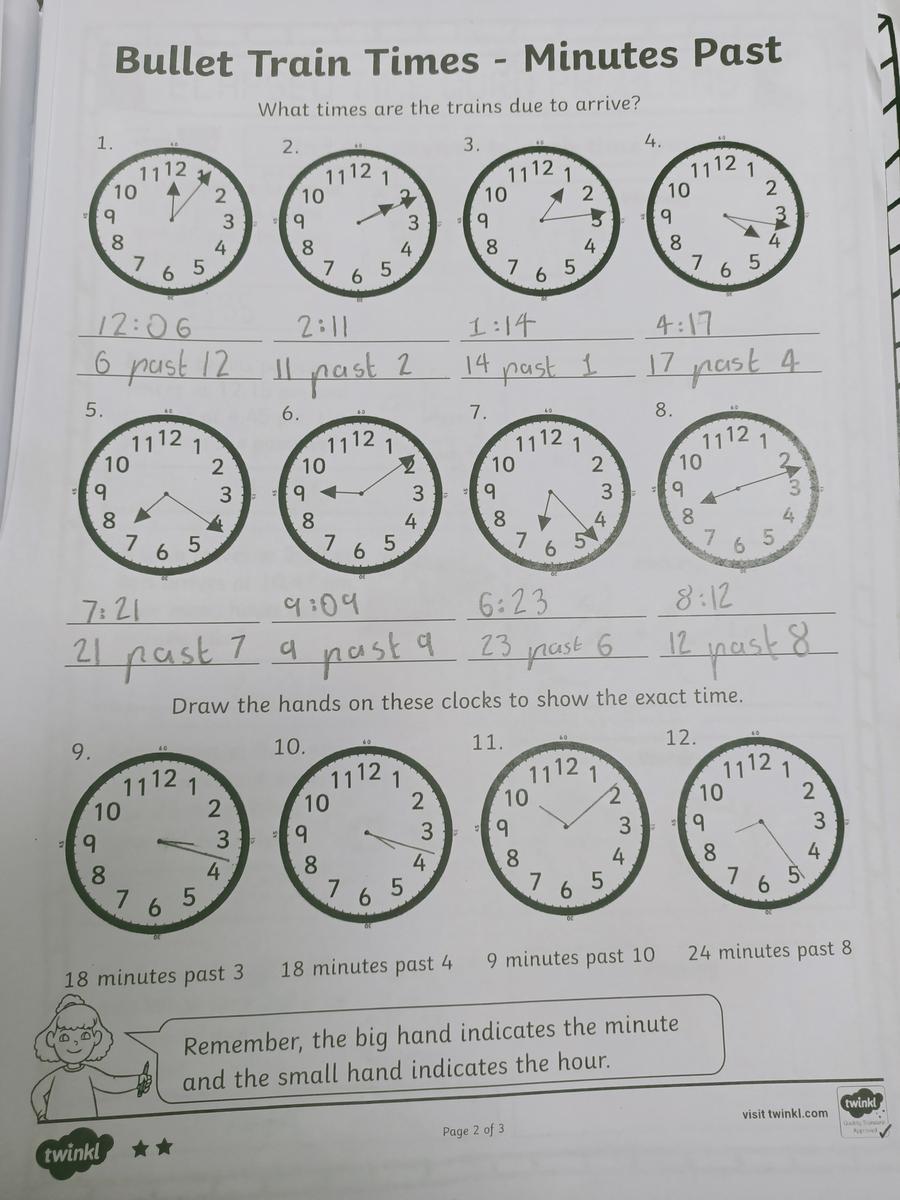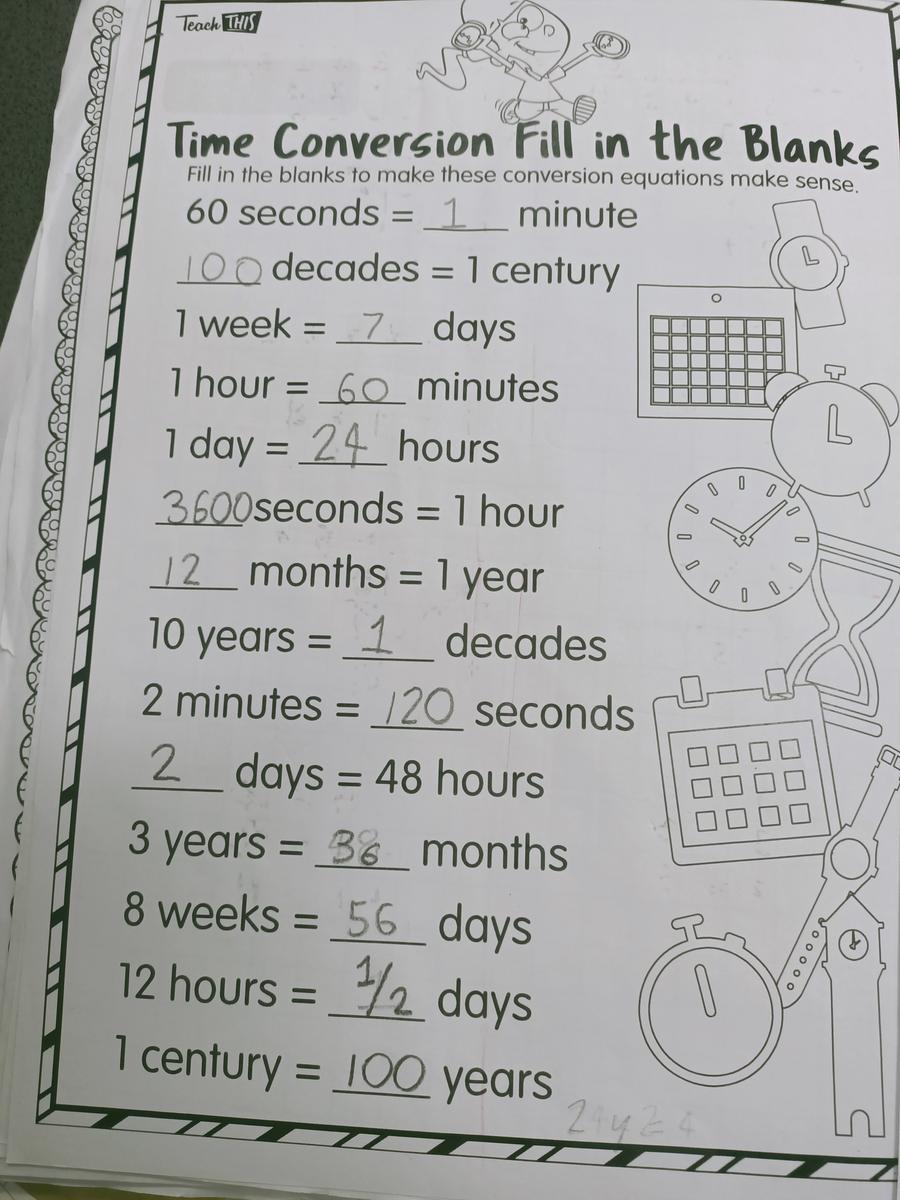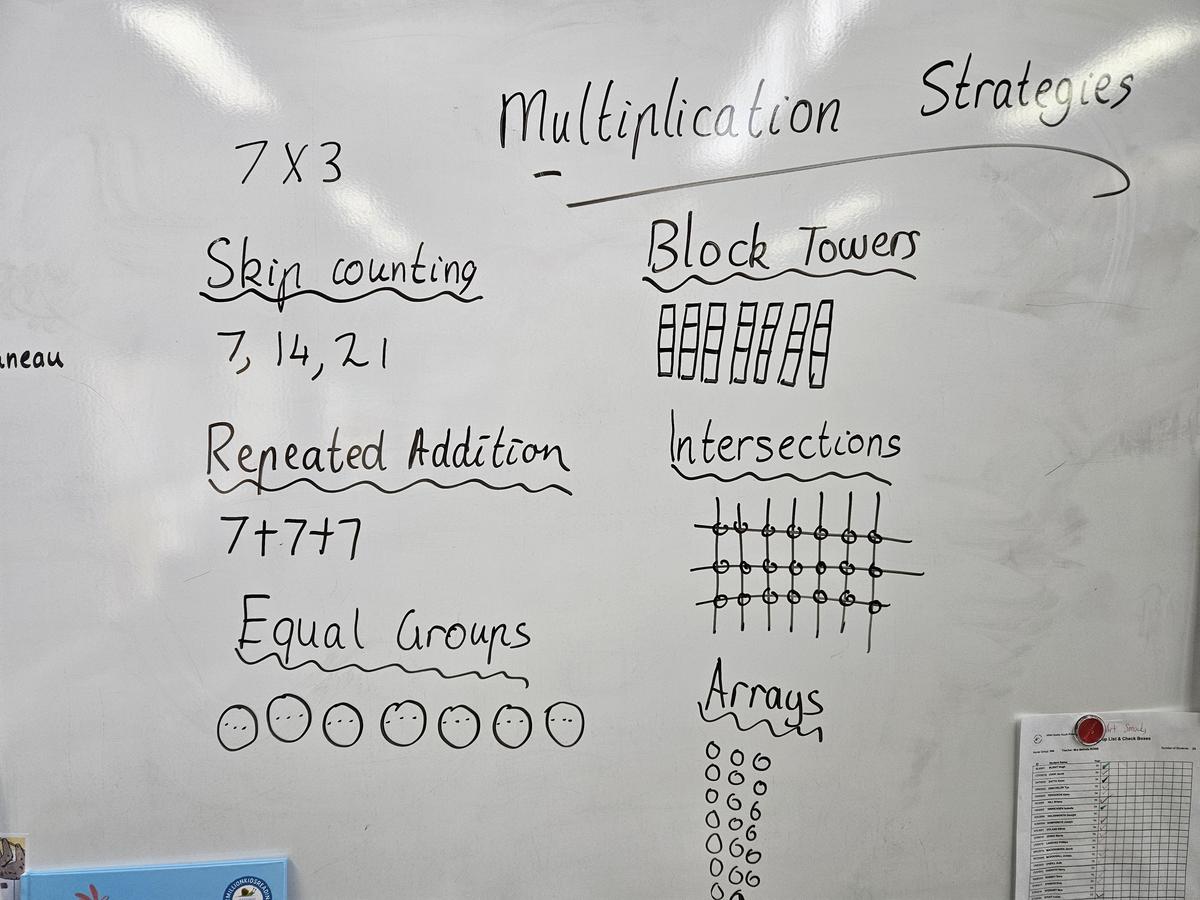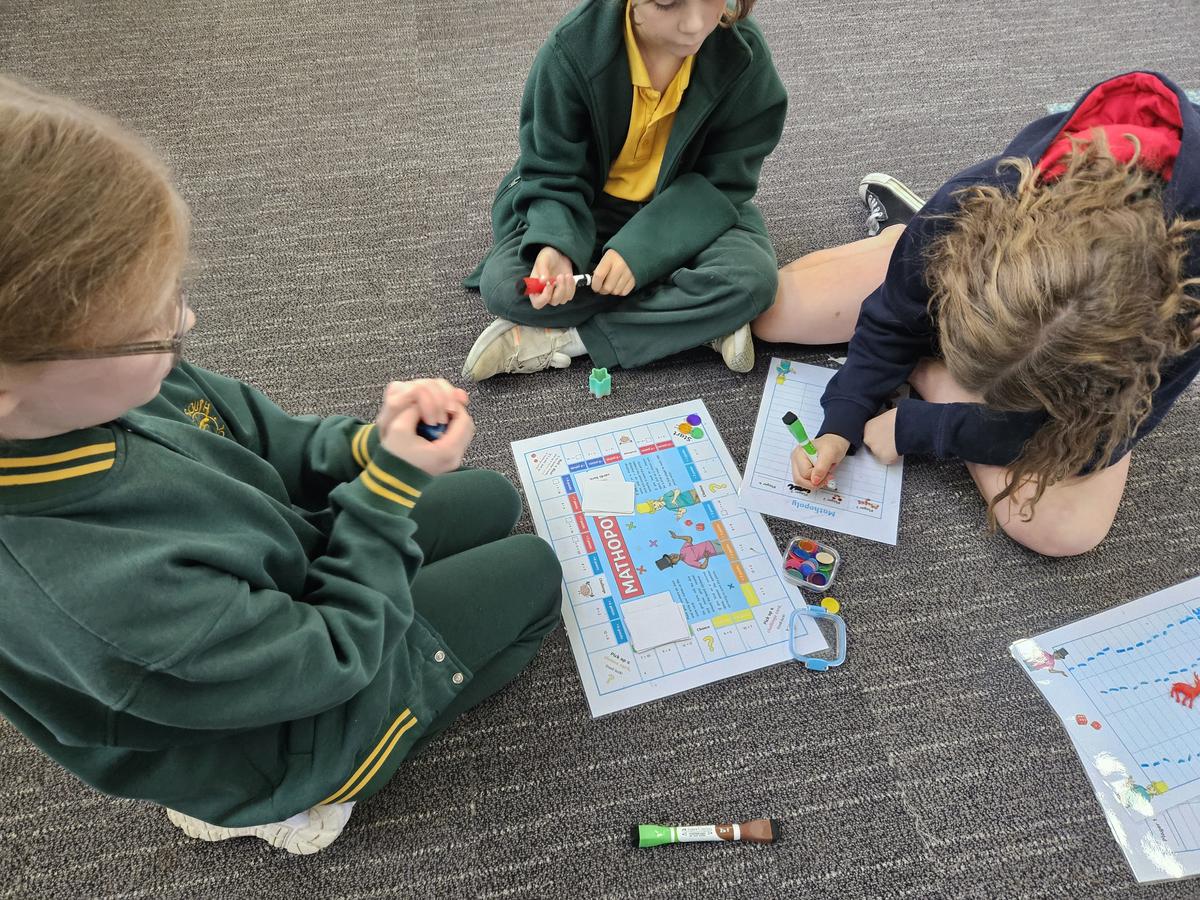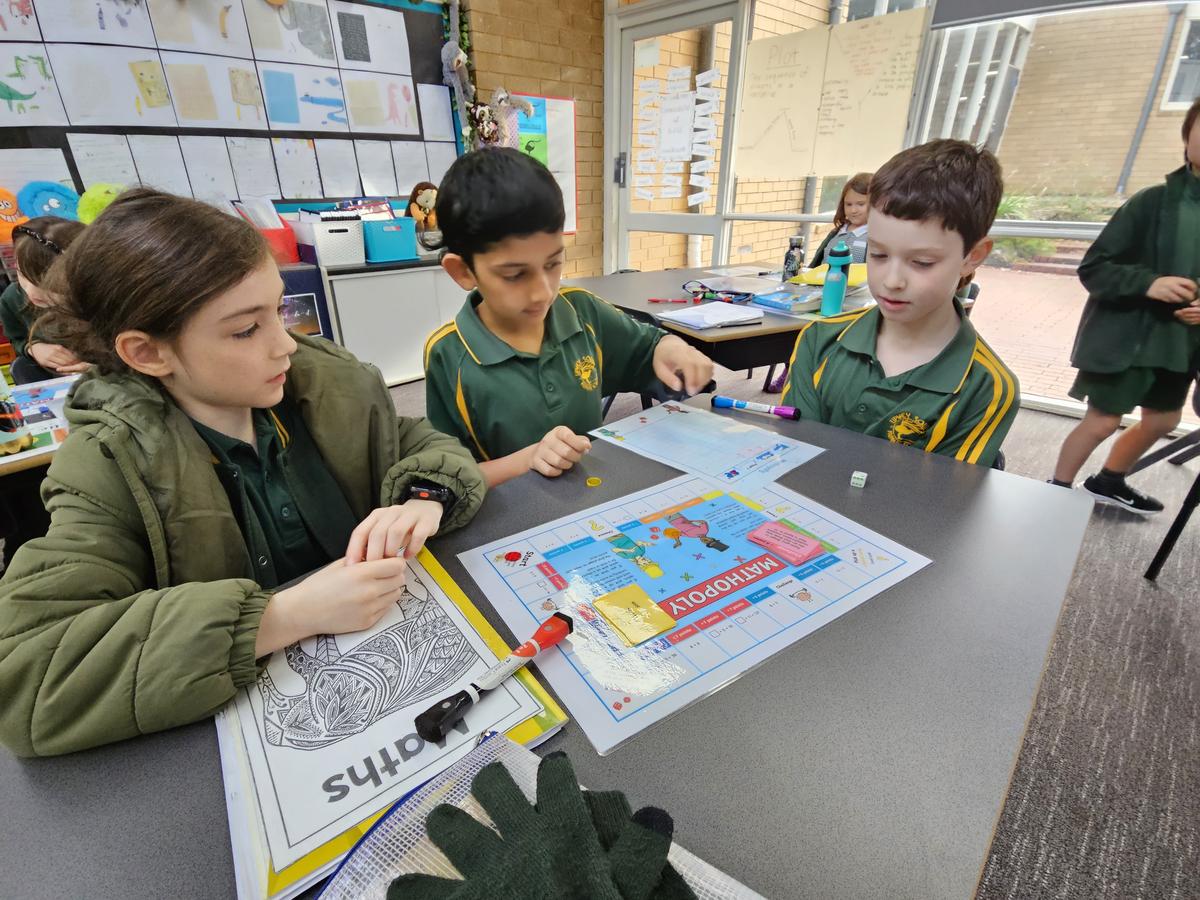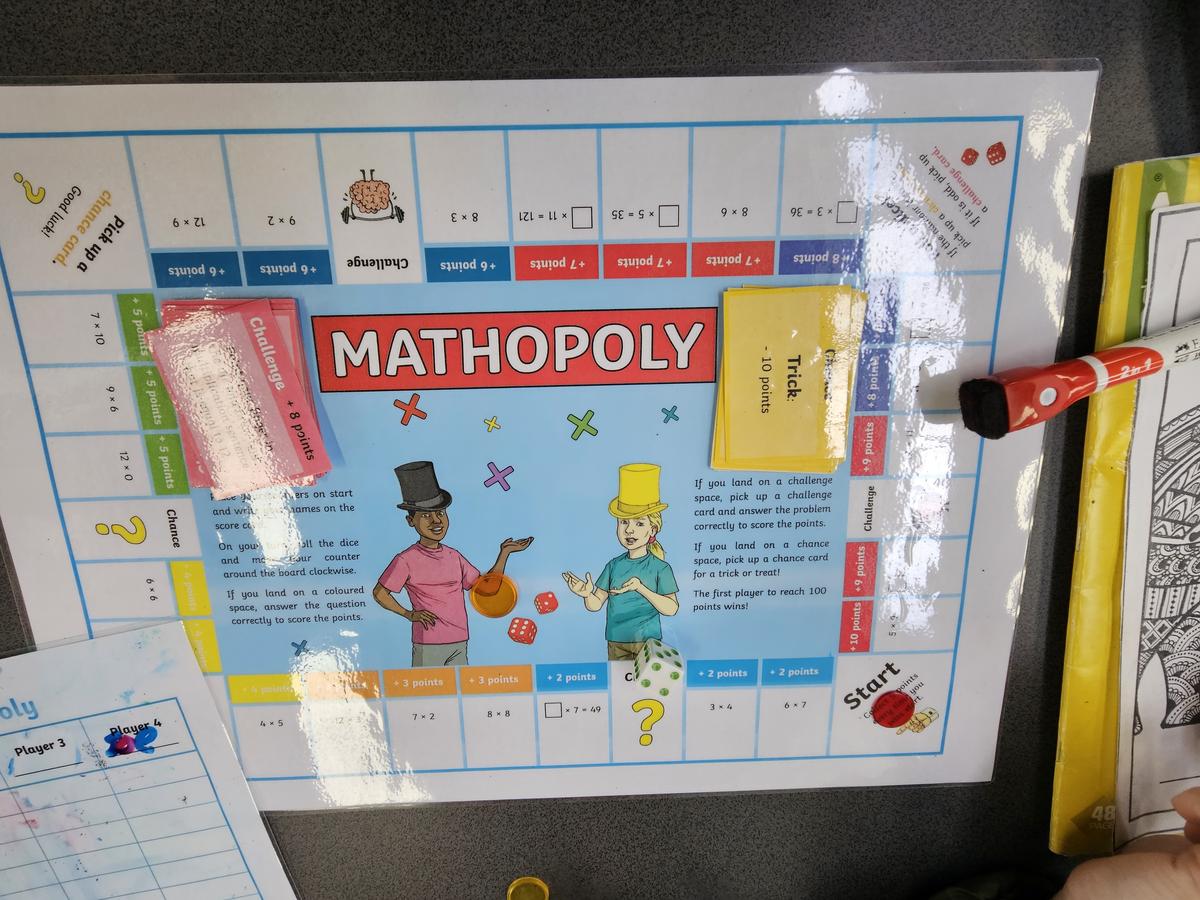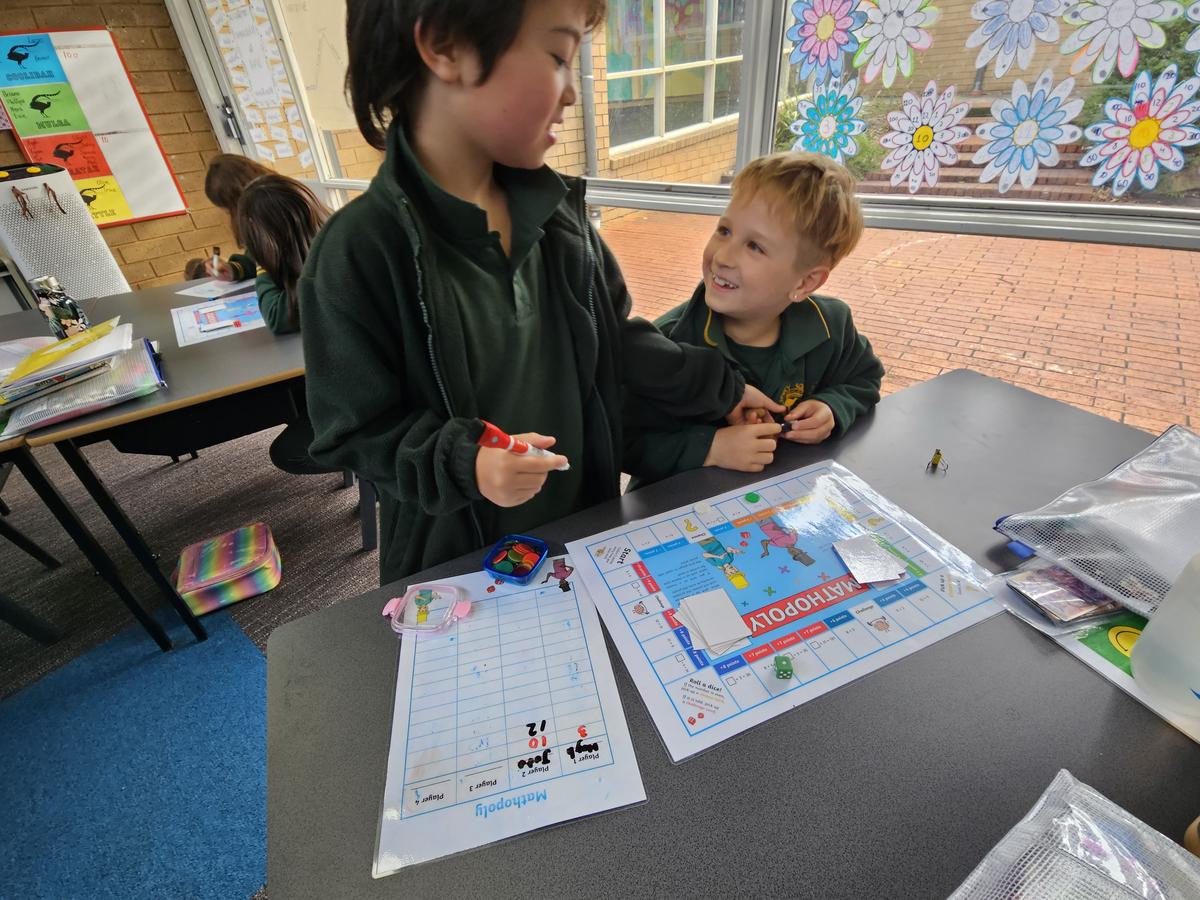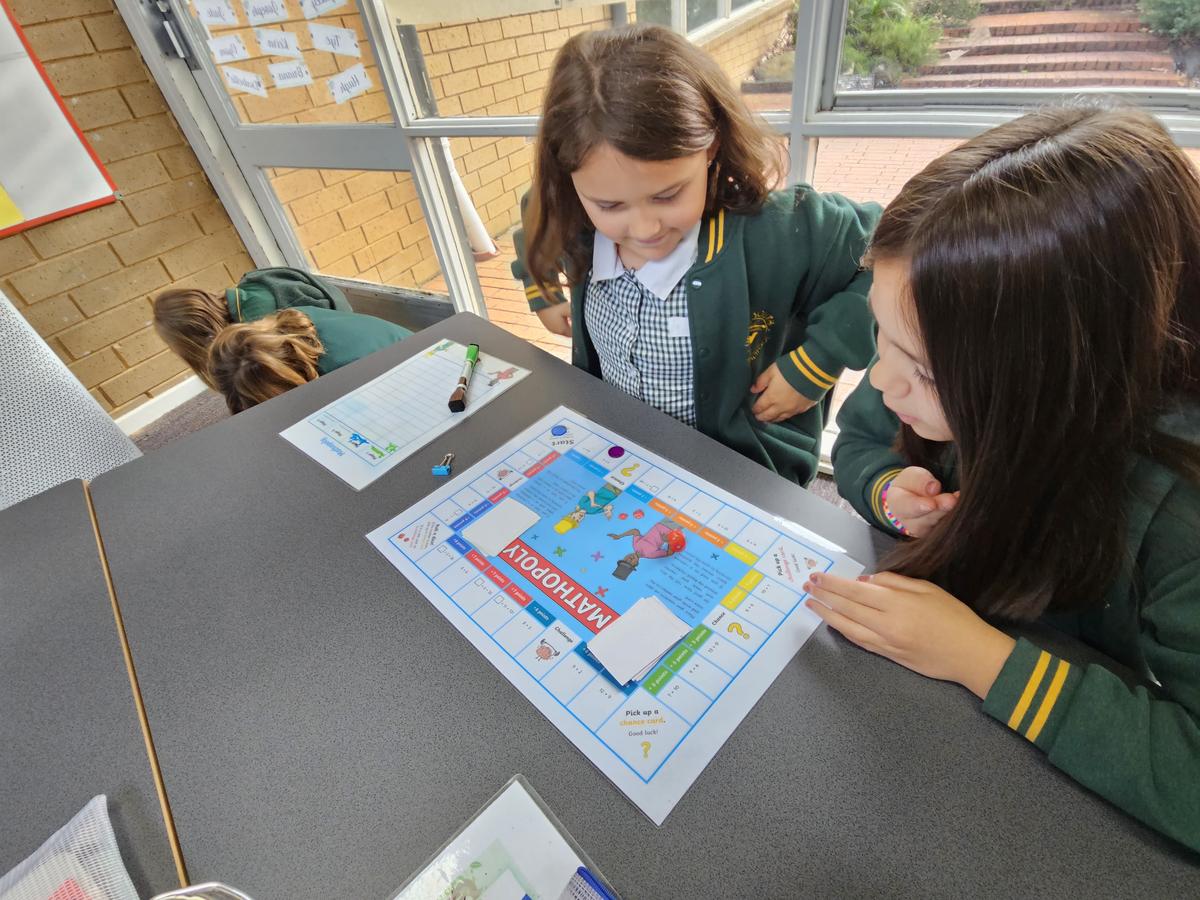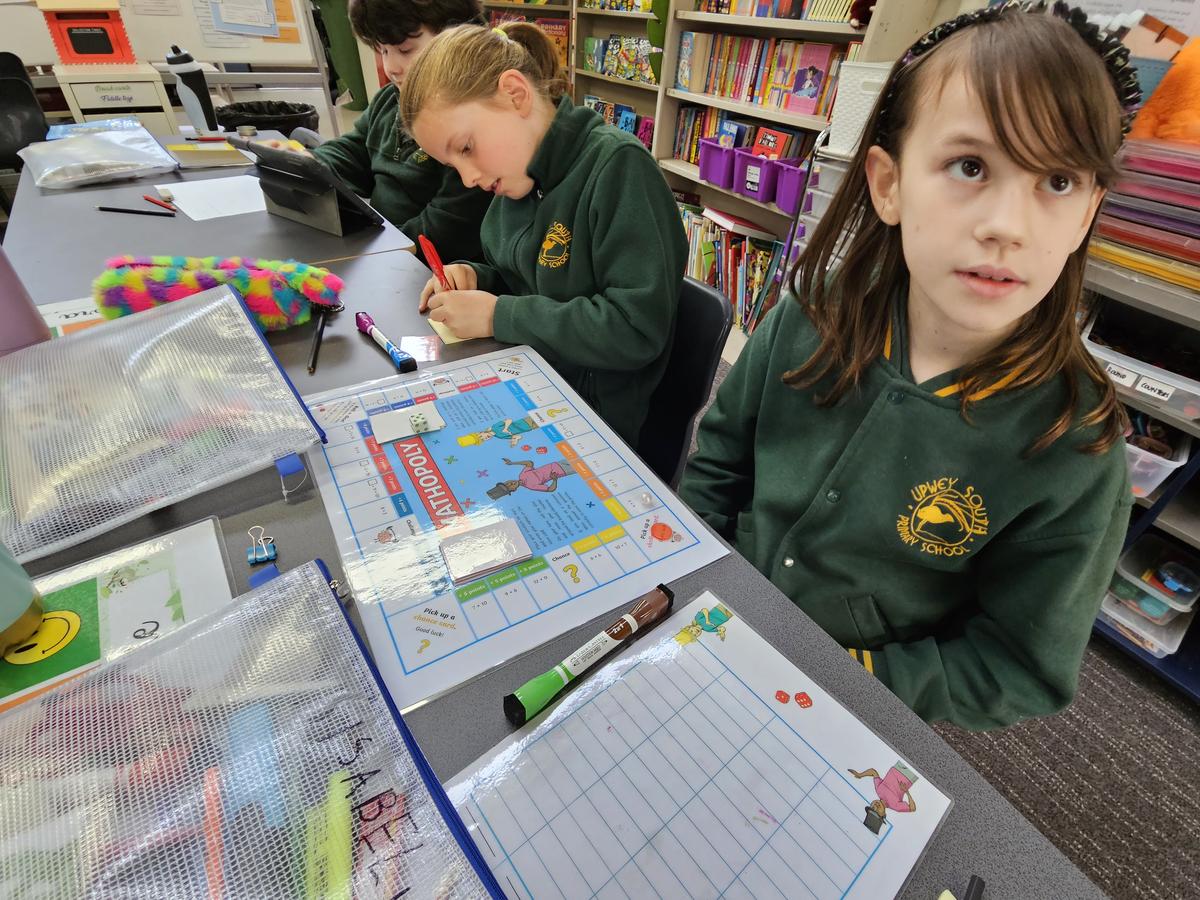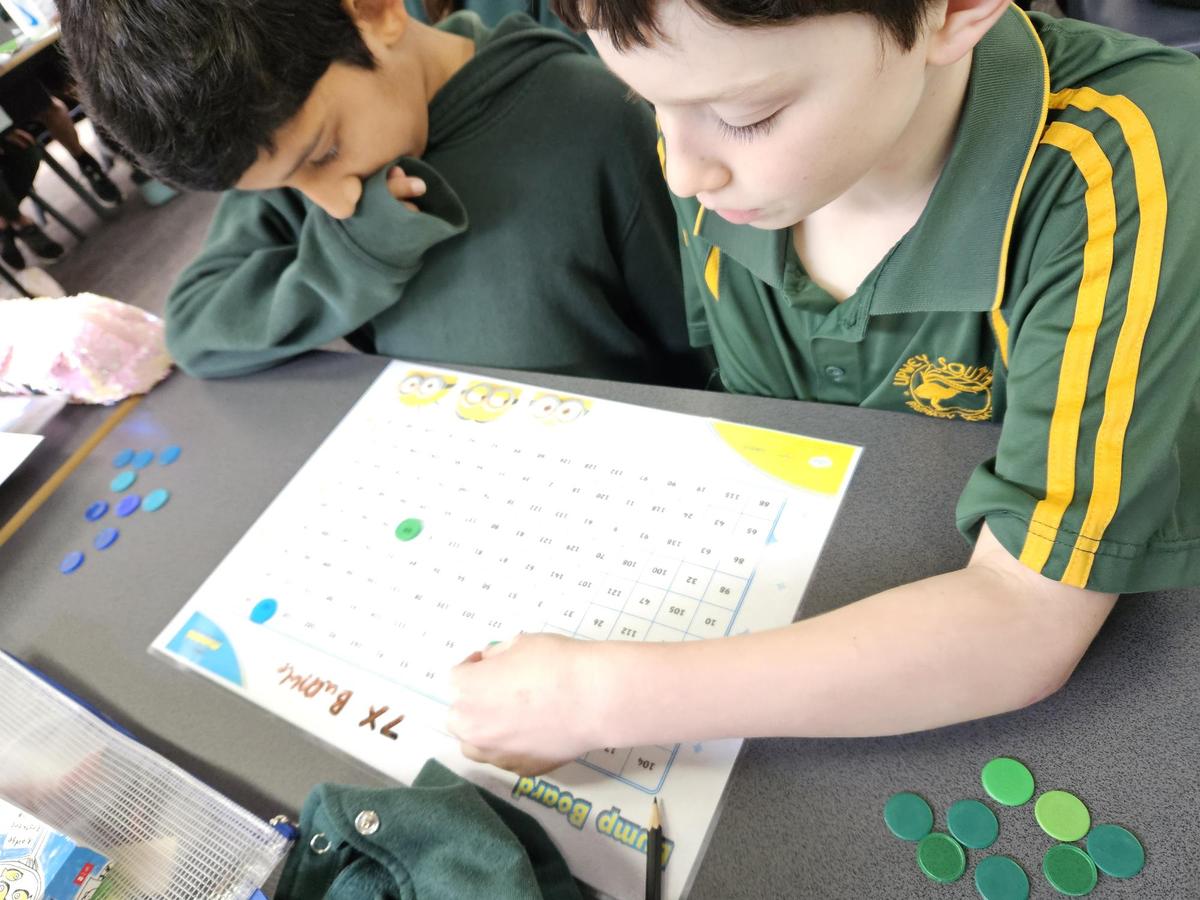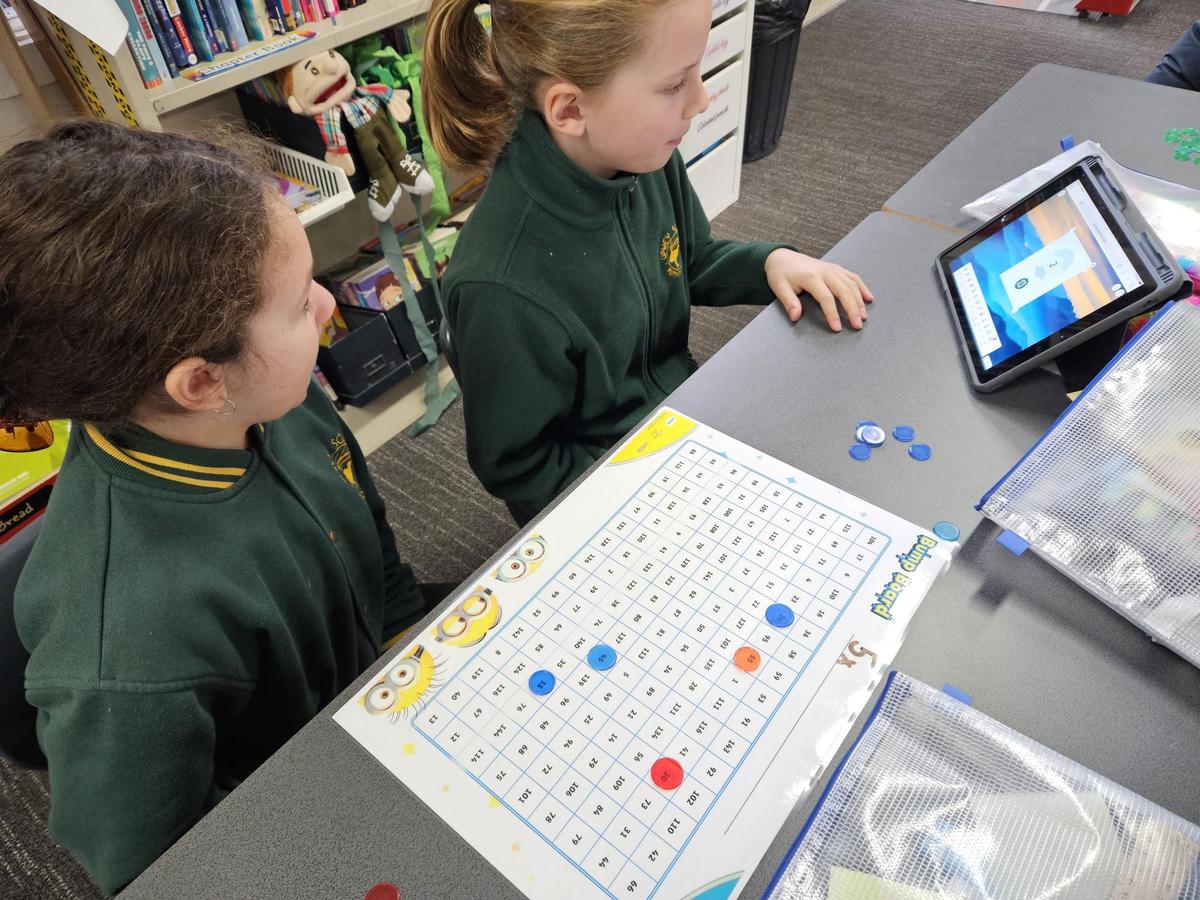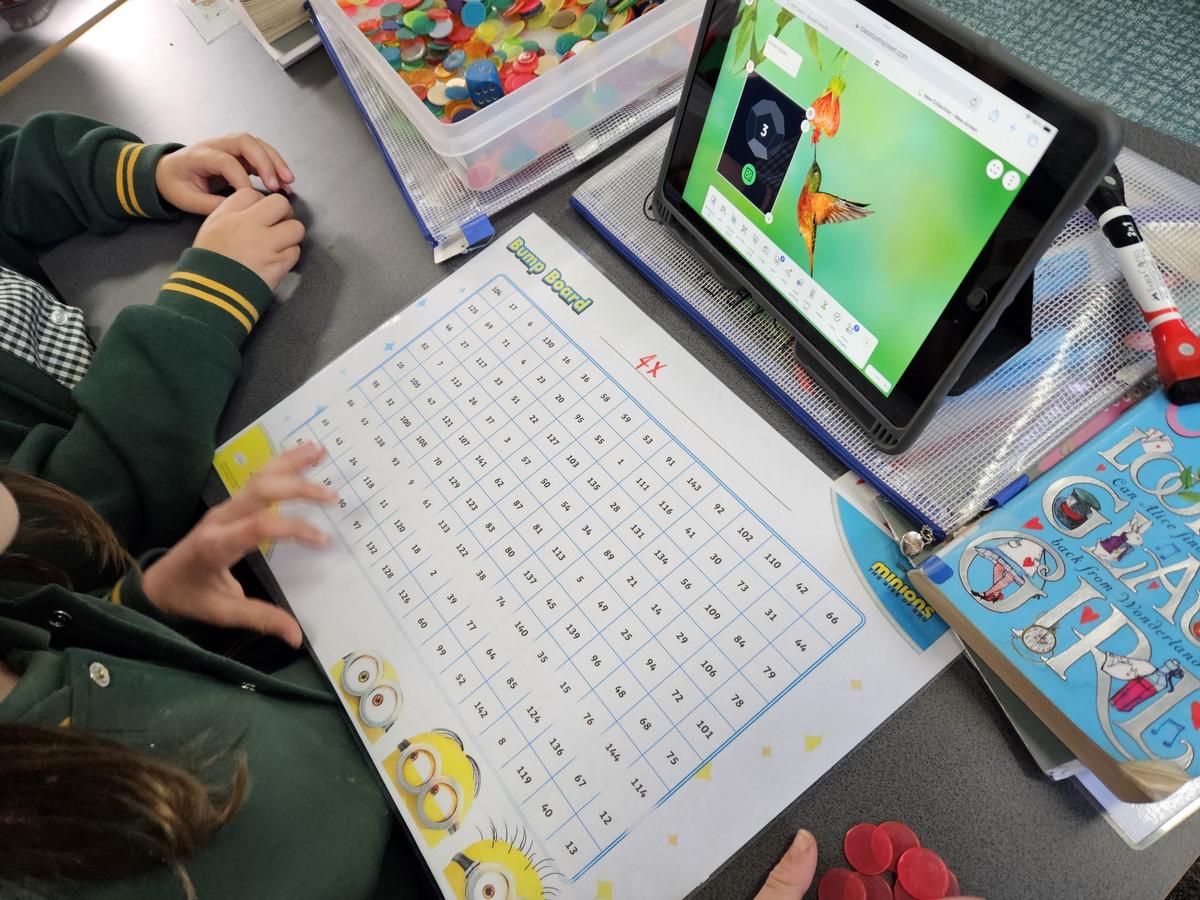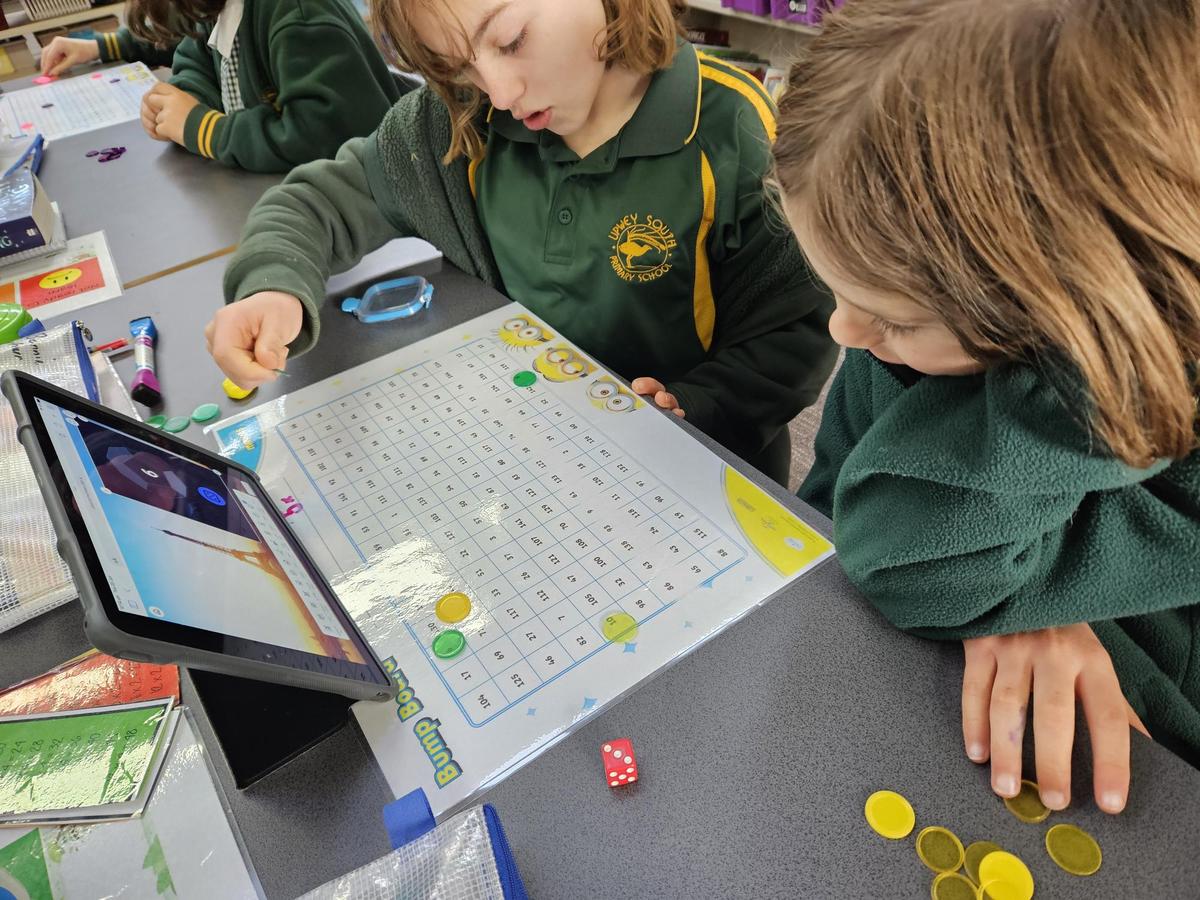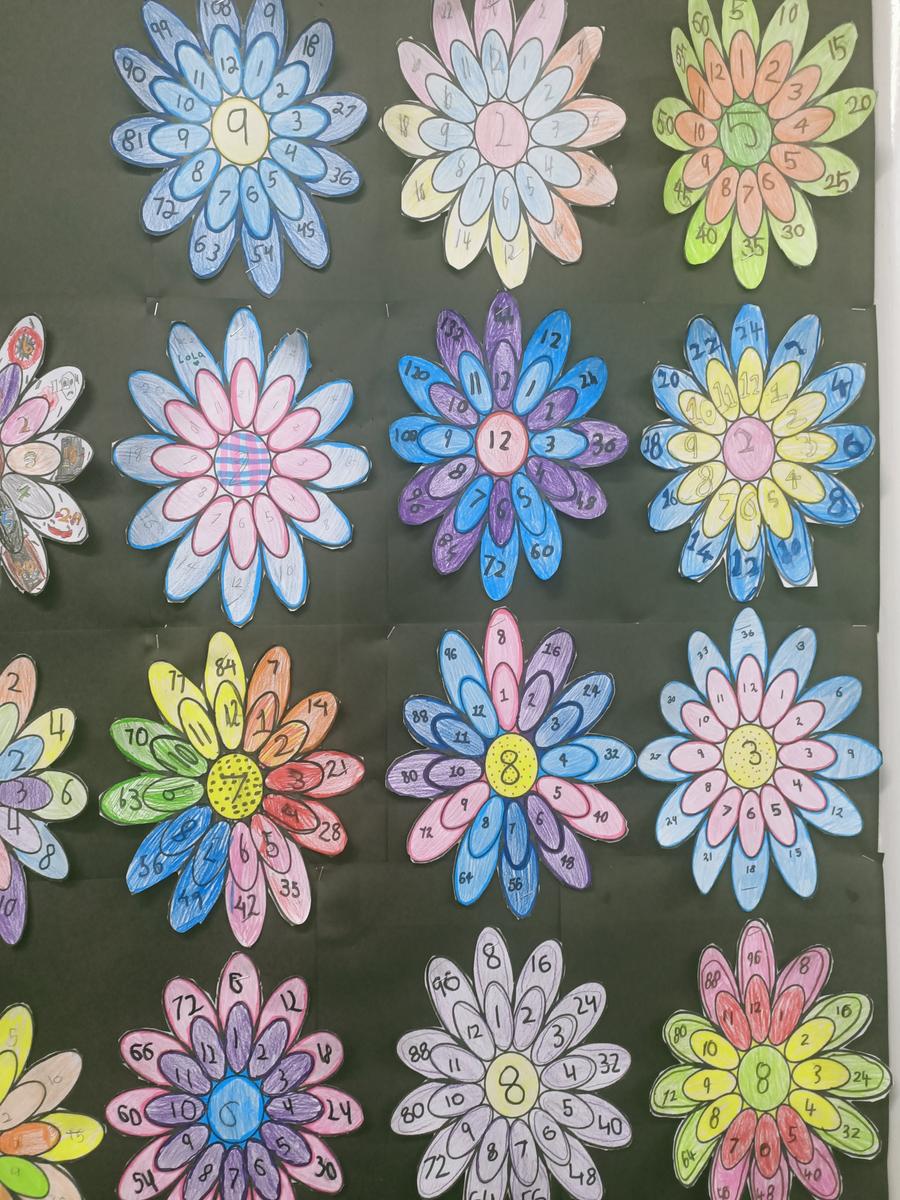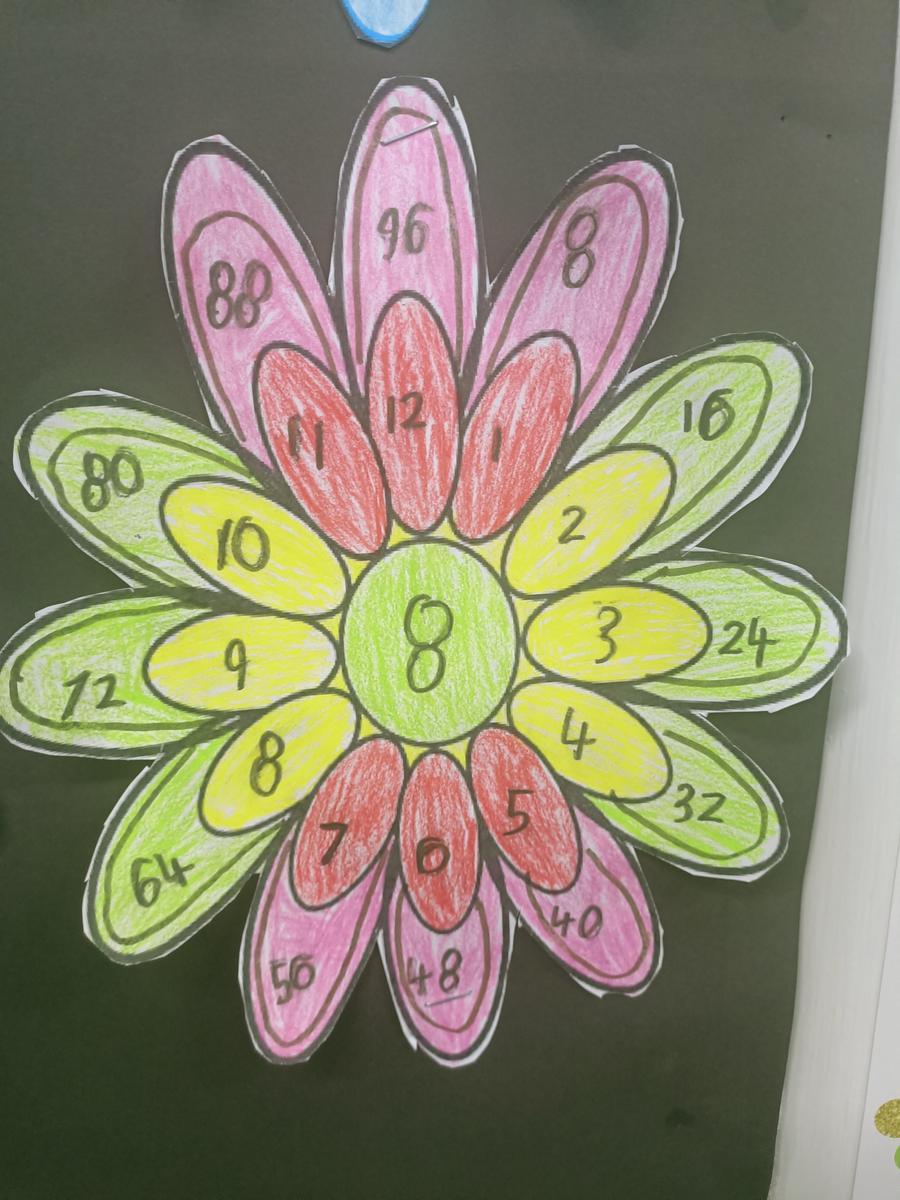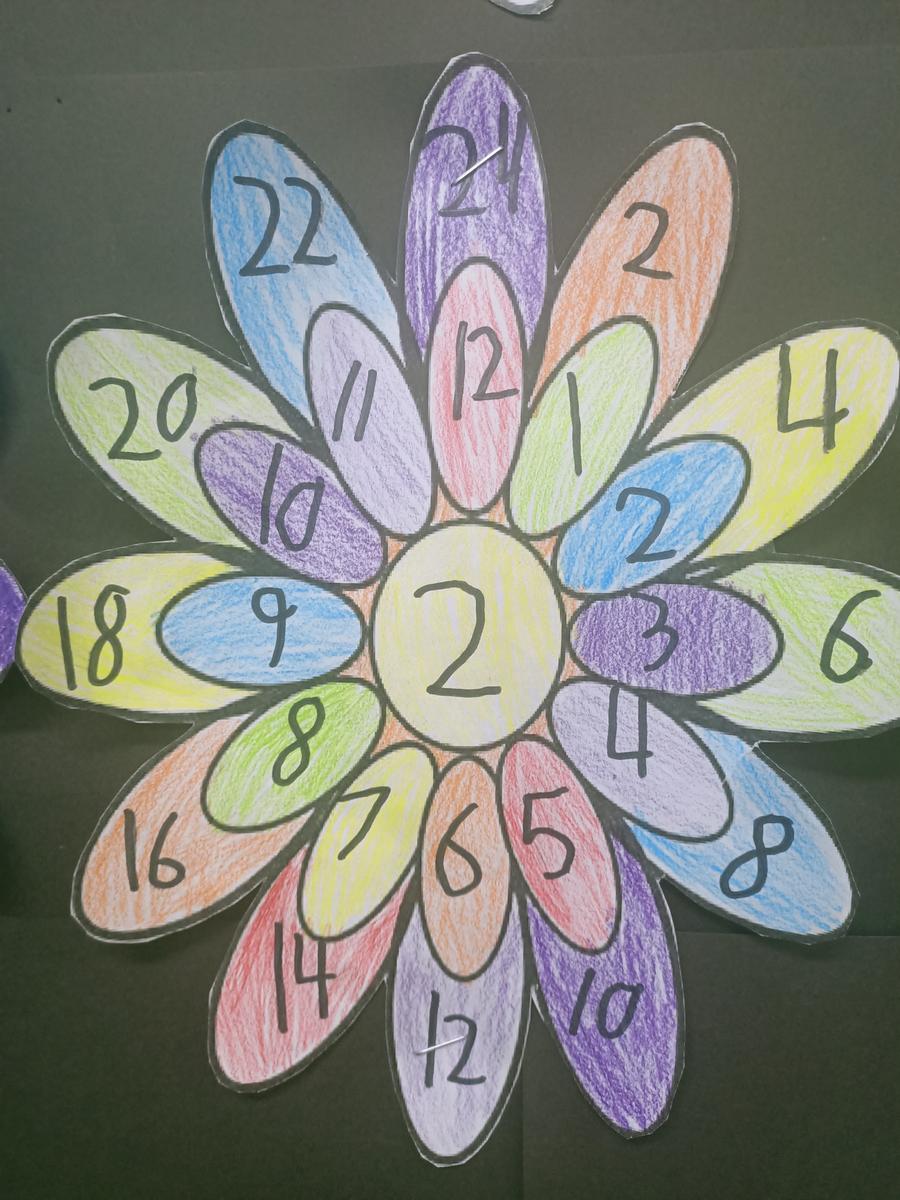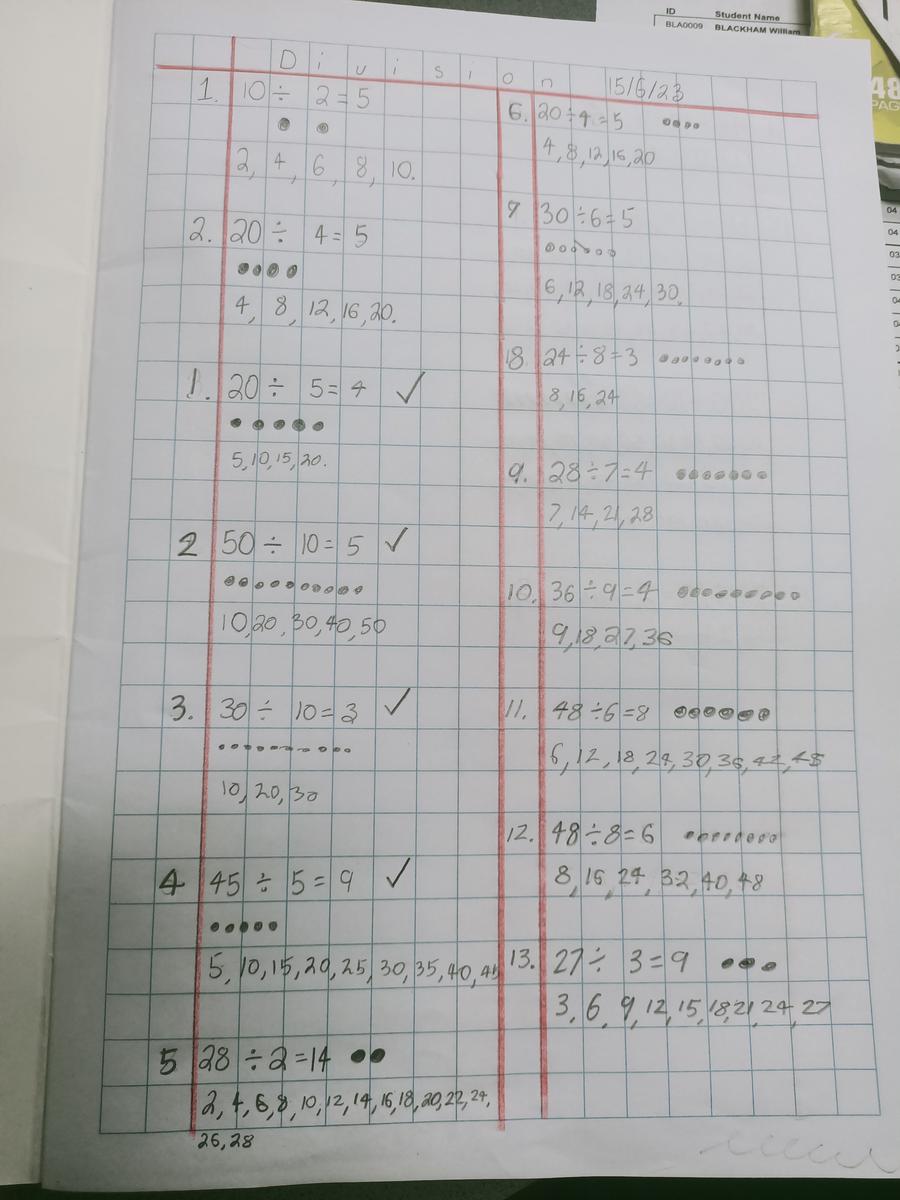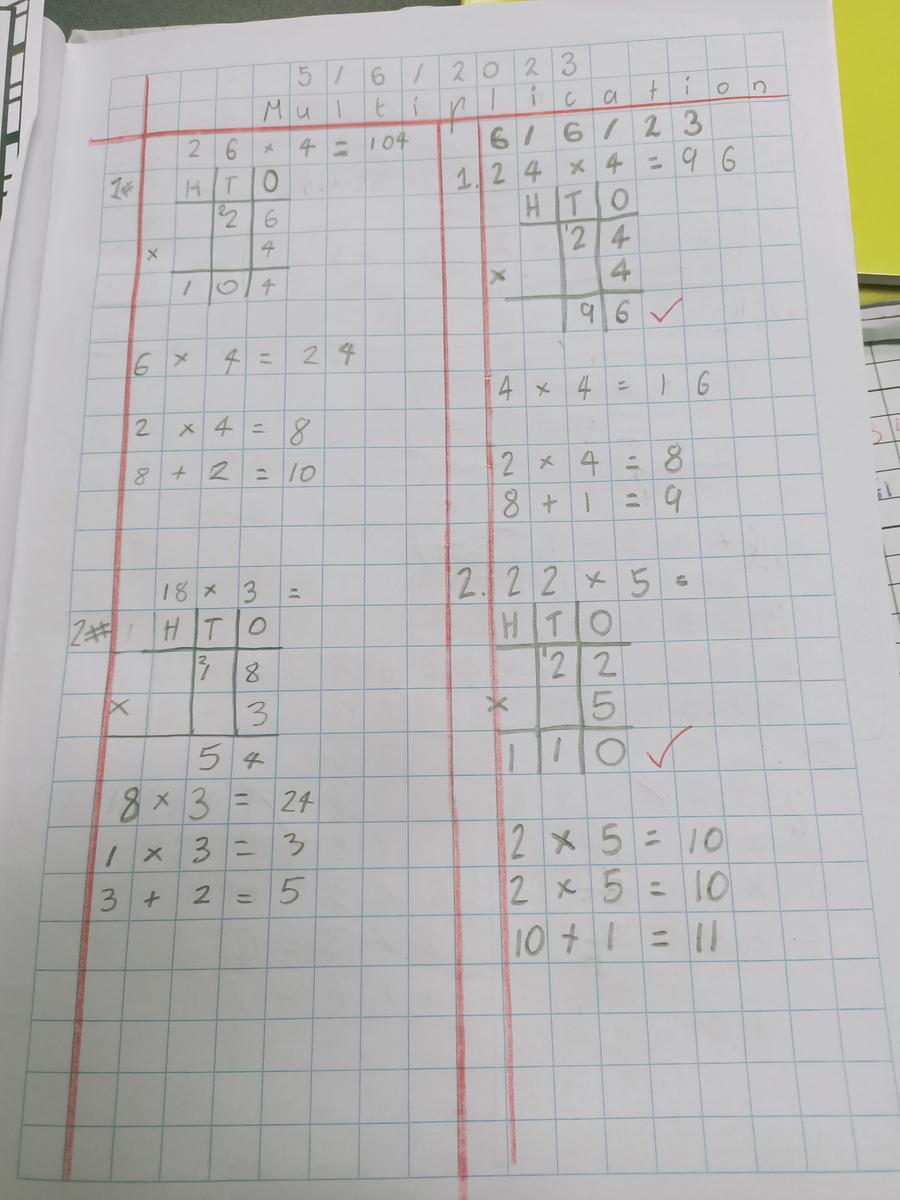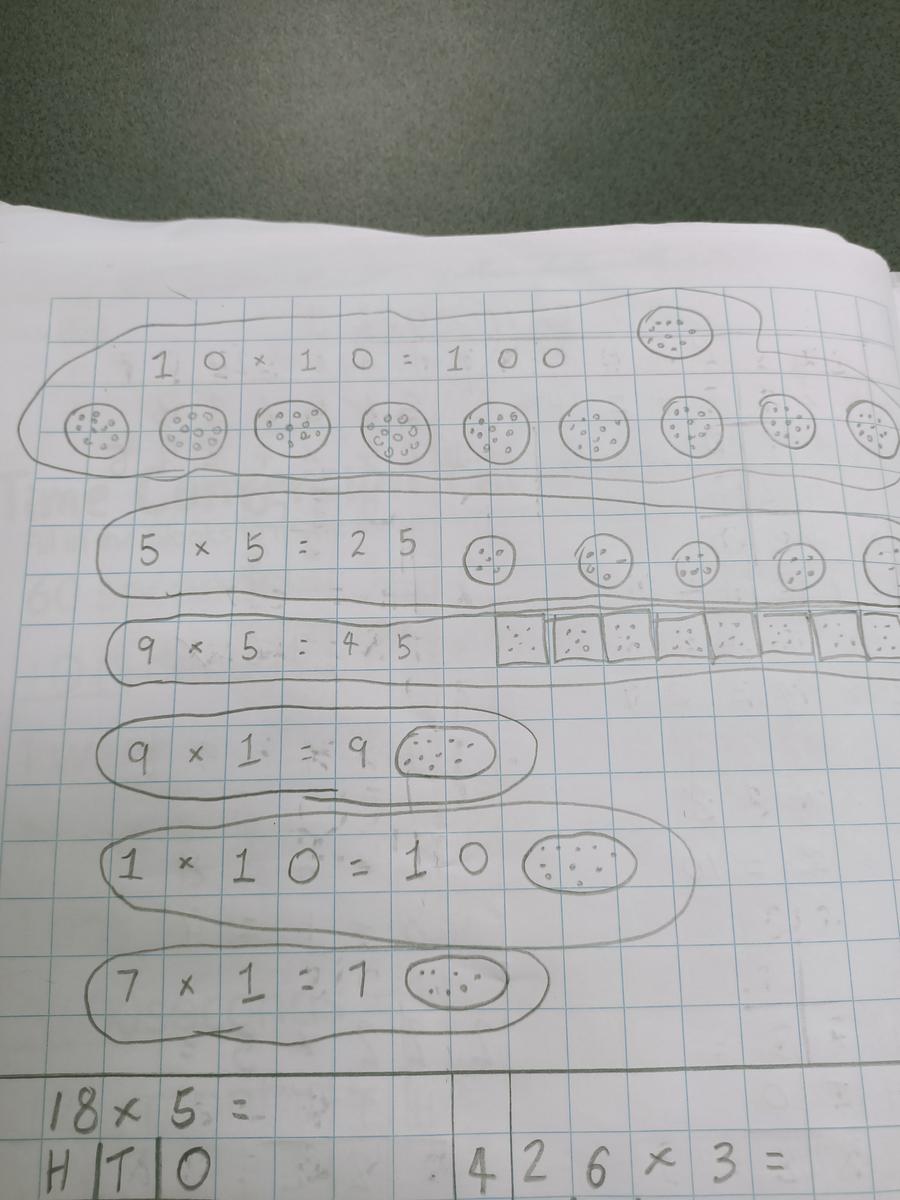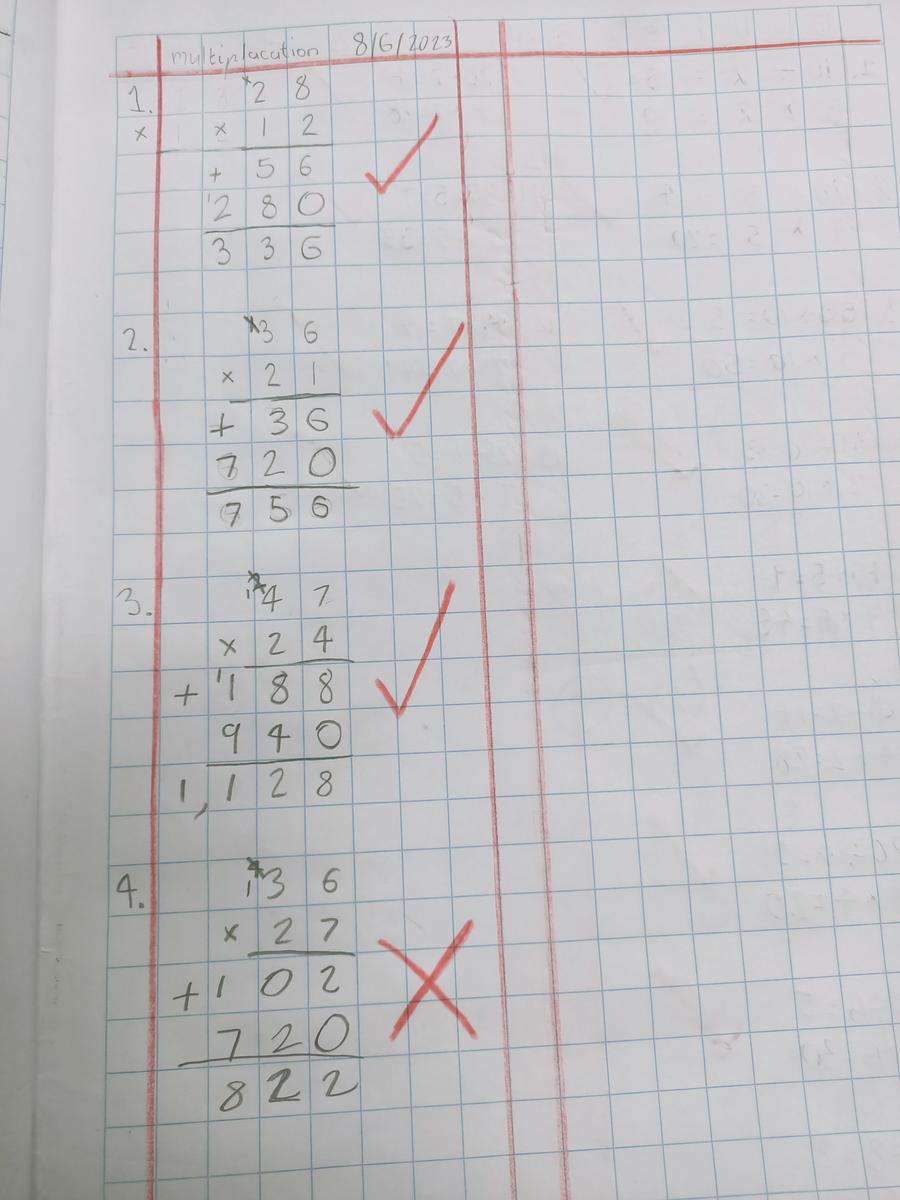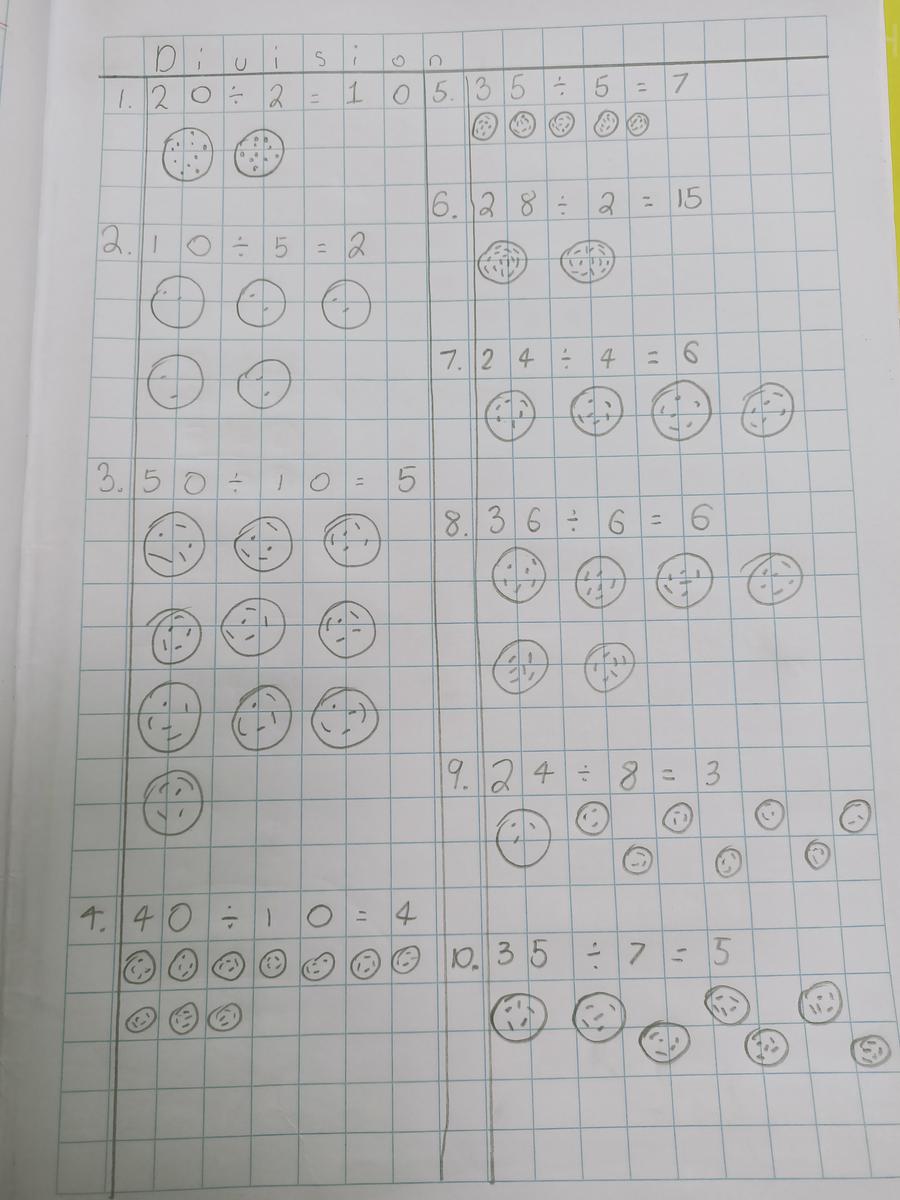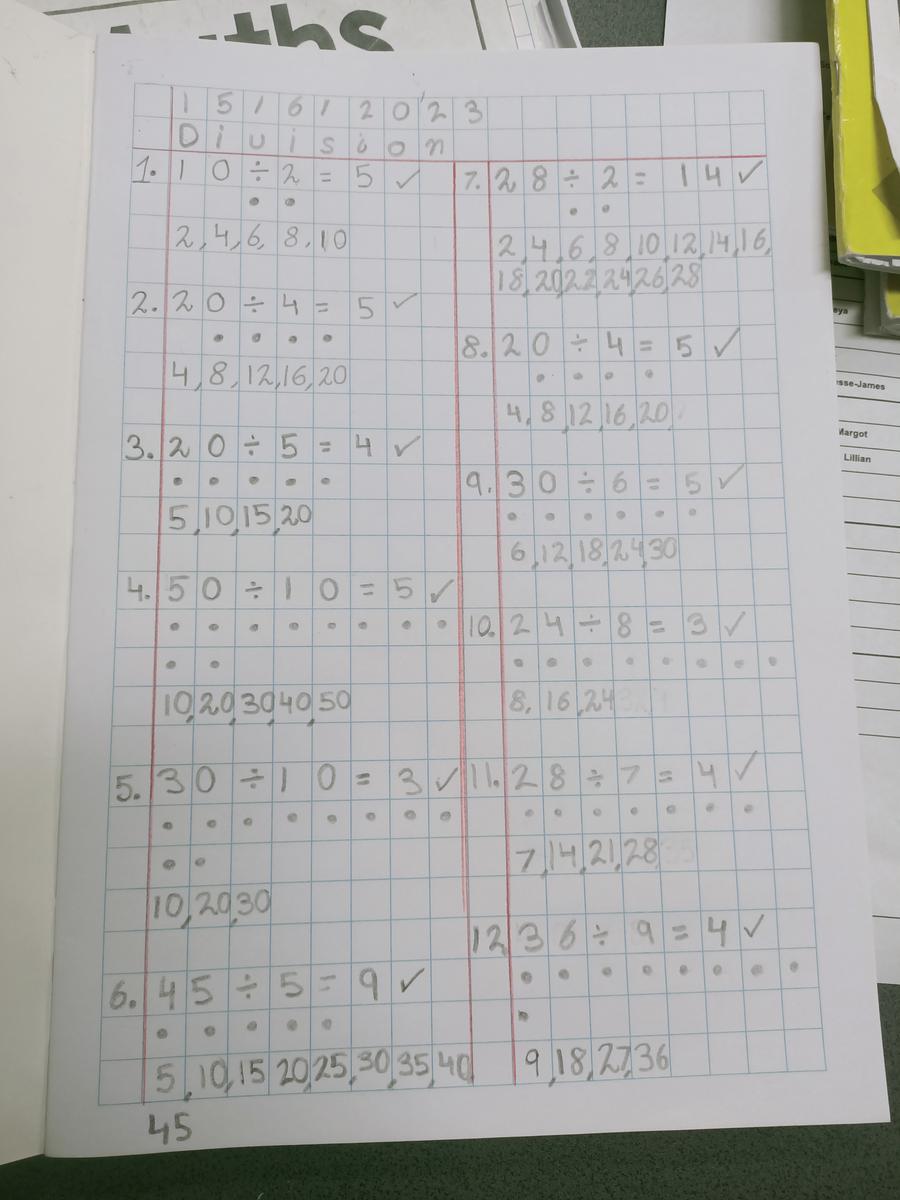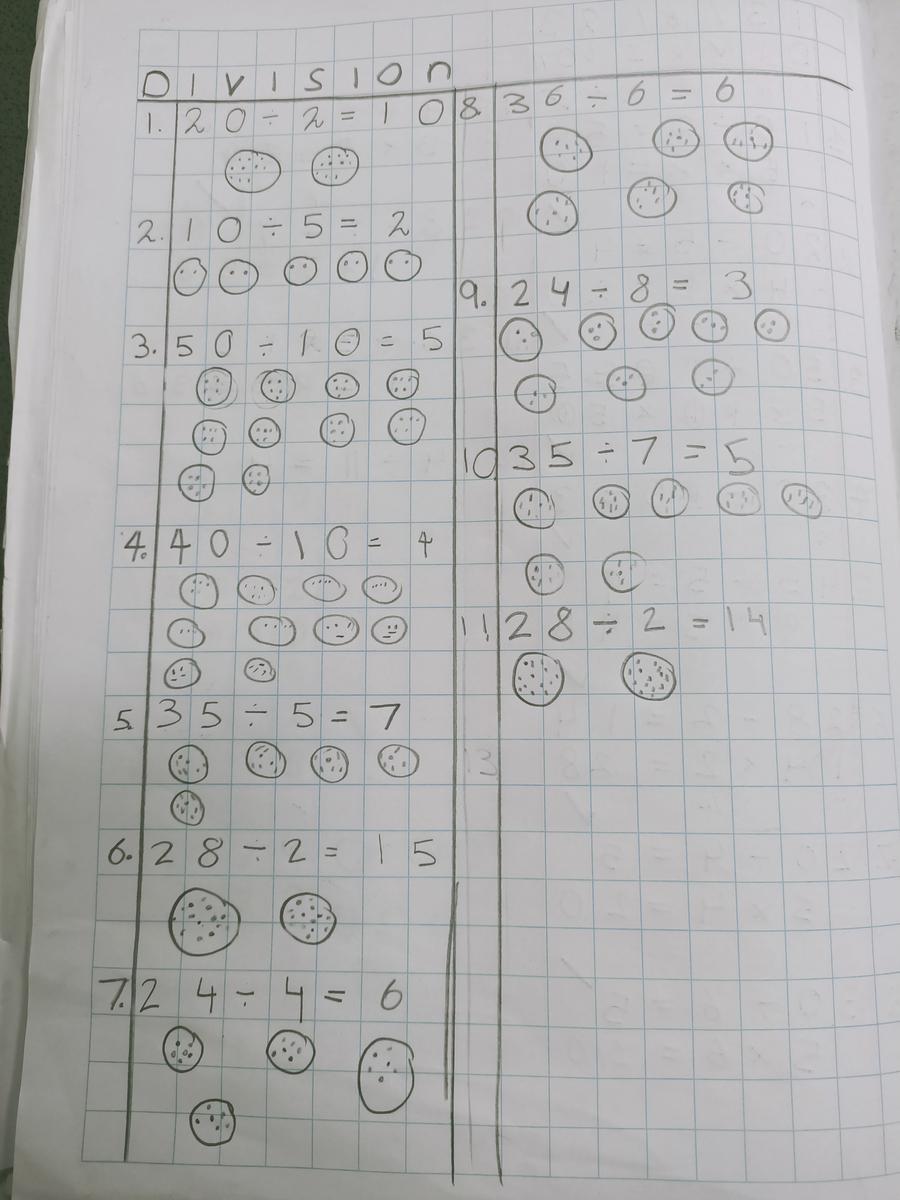Year Three/ Four
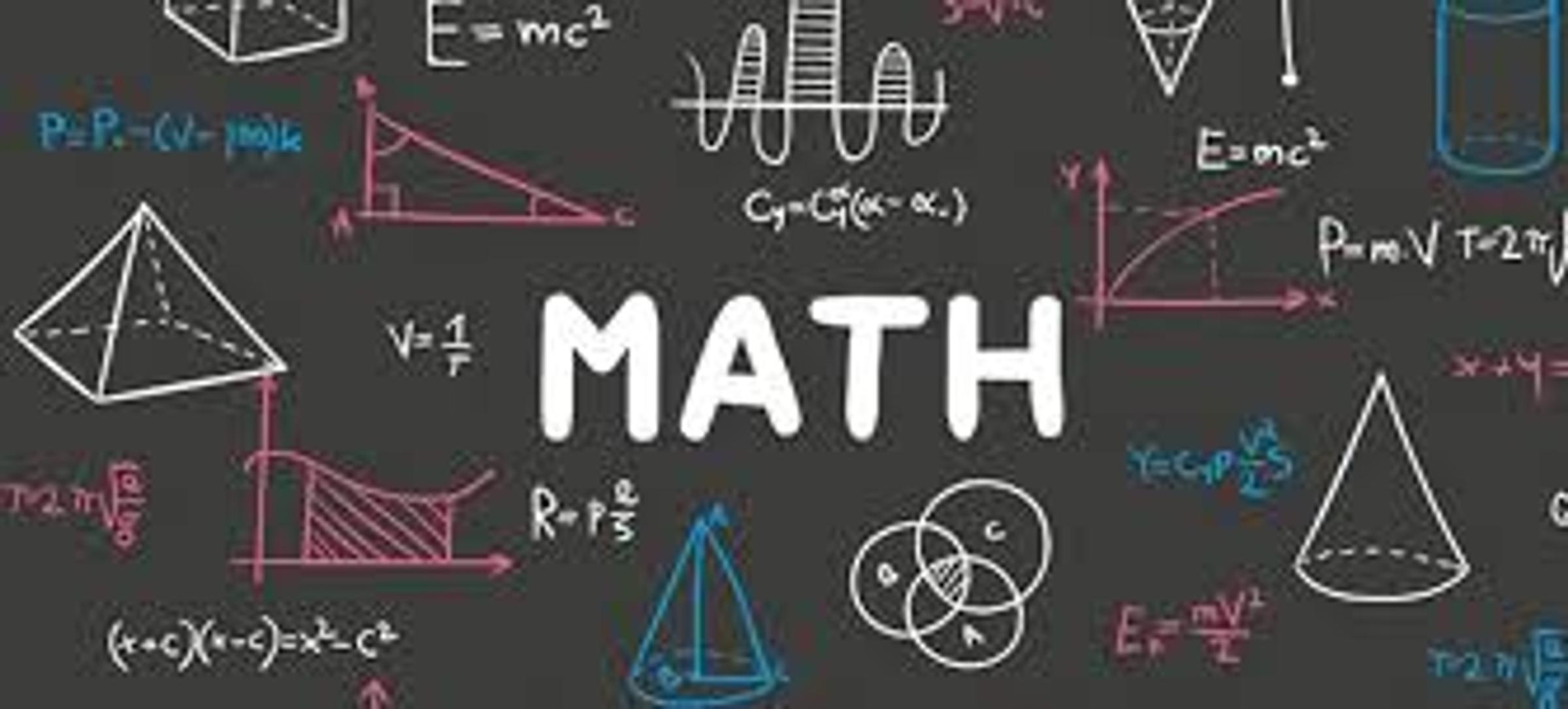
Communicating with the Year Three/Four Team
We look forward to partnering with you in 2023, and welcome your input:
Melinda Rowe (Class 34A) Melinda.Rowe@education.vic.gov.au
Lachlan Prasad (Class 34B) Lachlan.Prasad@education.vic.gov.au
Michelle Wright (Class 34C) Michelle.Wright@education.vic.gov.au
MATHEMATICS IN YEAR 3/4
Chance & Data
We started the term exploring the notion of chance; the likelihood of events occuring in our lives. Students learnt important vocabulary such as 'likely', 'unlikely', 'certain' and 'impossible', and used these words to descibe the chance of events occuring in their lives. Students then began exploring how experiments can be used to predict and determine the probability of events. Before conducting the Dice Roll Experiment, students practiced using tally marks and making predictions. They then predicted which number would be rolled the most, conducted their experiment and discussed their results. This lead to a discussion about how data is presented, and the easiest ways to present data for interpretation. The students thoroughly enjoyed learning how to create column graphs by hand and on the computers.
Time
Our second Mathematics topic for the term was Time. Over the course of two weeks, the students made clocks, practiced counting by 5's (an important time-telling skill!) and learnt how to tell the time to the minute. Once the students were confident to tell the time, they were introducted to calculating elapsed time. This was tricky! The students were given many senarios in which they had to calculate how much time had passed. This is a great exercise to practice at home! Ask your child to work out how long they were at football training for, or how long they spent at the shops. You could even ask them to work out what time you need to leave to get to an event!
Lastly, the students enjoyed exploring time conversions. They loved working out how many minutes and seconds are in a year! They also learnt a great rhyme to remember how many days are in each month.
"30 days have September,
April, June and November.
All the rest have 31,
except February alone.
Which has 28 days clear,
and 29 in each leap year!"
Multiplication & Division
To finish the term, the students have been learning strategies to solve multiplication and division problems. The students spent a week learning and practicing using a variety of strategies to solve single-digit multiplication strategies (such as 6 x 8). Then the students extended their knowledge and began solving 2-digit multiplication problems using vertical multiplication (eg, 26 x 5). Below you can see how the students set out their working out to solve the equations. Some students extended themselves even more, and learnt 2-digit by 2-digit multiplication! The trick to solving these problems is remembering the Magic Zero!
Lastly, the students identified the connection between multiplication and division, and used this as one strategy to solve division equations. Students learnt and practiced a variety of other stratgies to solve single digit division equations.
Hopefully after learning about multiplication and division, the students recognise how important and useful memorising their times tables is!
This week students used the website https://www.timestables.com/speed-test/ to practice their times tables, and are encouraged to use this at home to practice as well.
THE 3/4 TEACHERS WOULD LIKE TO WISH EVERYONE A RELAXING AND REJUVINATING HOLIDAYS, AND WE LOOK FORWARD TO SEEING EVERYONE BACK FOR A BUSY TERM THREE!
HOMEWORK
The homework in the Year 3/4 level generally consists of daily reading, learning times tables and learning specified spelling words.
READING
We recommend that your child reads daily and records their reading into their diary. This should include the book title, author and pages read. Ideally, the child should be reading to a parent if possible as this helps with fluency, expression and comprehension.
SPELLING
When students complete progress monitioring or cumulative review spelling assessments, any words that students had trouble with, are then used as spelling words. These words will be written into your child's diary. We encourage students to practice spelling these words daily as homework.
TIMES TABLES
Students have now completed a times table assessment to check their understanding and knowledge. Students have been instructed to start learning a particular set of times tables. Your child should be learning these out of order and be able to have an automatic response when the question is asked of them. Once they are confident in knowing the set of times tables, your child will then let their teacher know they are ready to be tested. If they are able to show confidence in recalling the set of tables, they will then receive their next set of times tables to learn.
DIARIES
Please note that it is expected that your child has their diary at school every day.
SPECIALIST TIMETABLE
Please find below the times that each class are scheduled to have their specialist classes. Please note that these times are subject to change for example during swimming weeks etc.
34A
Tuesday 2:40pm: Science
Wednesday 9:40am: PE
Thursday 1:20pm: Visual Art
Friday 11am: Performing Arts
Friday 11:50am: Japanese
34B
Tuesday 2:40pm: Performing Arts
Wednesday 11am: PE
Thursday 9:40am: Visual Art
Friday 11am: Japanese
Friday 11:50am: Science
34C
Tuesday 2:40pm: Visual Art
Wednesday 11:50am: PE
Thursday 9:40am: Japanese
Friday 11am: Science
Friday 11:50am: Performing Arts
